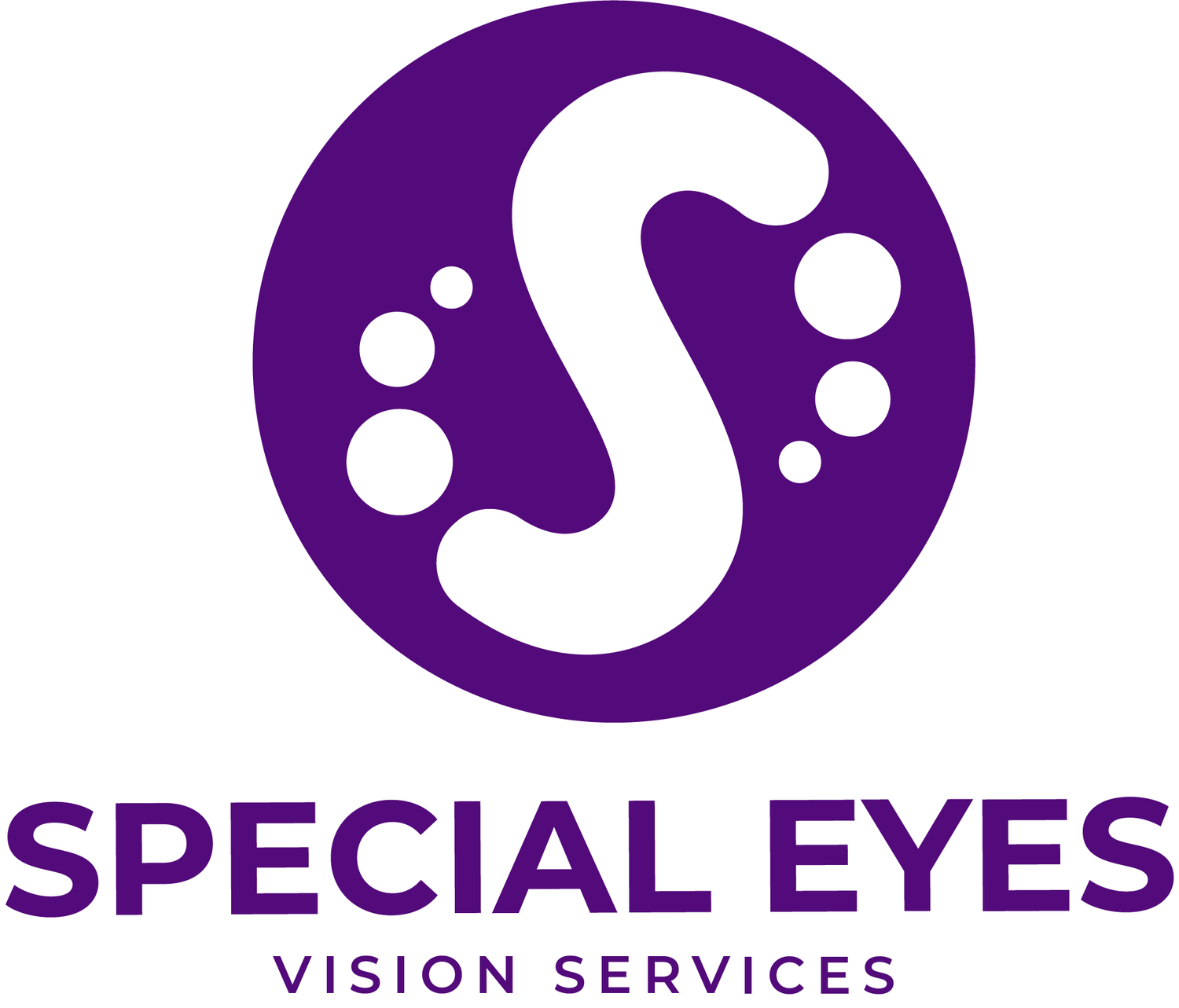Dr Ursula White
Optometrist
PhD; BSc(Hons)MCOptom; Grad Cert Oc Ther.
I am passionate about addressing the vision and ocular health requirements of people with disability and complex needs.
Dr Ursula graduated from Cardiff University in Wales, in 2001. Following completion of her training she worked in a variety of settings in the UK, including community practice, hospital optometry, and refractive surgery. Ursula spent a year working as a senior tutor at Auckland university, during which time, she re-established the student-led low vision clinic, affording final year optometry students the opportunity to learn how to assess and support people with vision impairment, and established strong links with Royal New Zealand Foundation of the Blind. In 2009 she moved to Brisbane and after completing the Optometry Council of Australia and New Zealand professional exams, began working at the Education Low Vision Assessment Centre (formerly Paediatric Low Vision Clinic), based within the Department of Education’s Statewide Vision Impairment Services.
Here, Ursula had the privilege of working with a team of exceptional educators, who generously shared their extensive knowledge and to whom she will be forever indebted. Working in a multidisciplinary team setting allowed her to develop a thorough understanding of the functional impact of vision impairment, which complemented her existing clinical understanding. As a result, she takes a very holistic approach to the way she supports people with low vision.
Alongside her private practice, she is a clinical supervisor in the QUT Vision Rehabilitation Clinic, a low vision clinic, staffed by final year optometry students. With Ursula’s input, the service has been able to expand, to meet the needs of children, having historically been an adult low vision service.
Between 2011 and 2020 Ursula completed a PhD investigating the functional impact of vision loss in older adults. She designed and conducted a longitudinal study examining the association between vision loss and falls and concerns about falling in older adults.
Through Special Eyes Vision Services she aims to offer a comprehensive vision consultancy service for those who cannot access eyecare through traditional settings. Vision impairment is common among children and adults with complex disabilities and if left unidentified forms a significant barrier to their ability to learn, and develop communication skills, this in turn can lead to unnecessary restrictions to a person’s autonomy and quality of life. A clear understanding of a person’s vision profile is crucial to ensure they can access their environment, engage fully with those who care for them, access learning, and get full benefit from any therapies they participate in.

